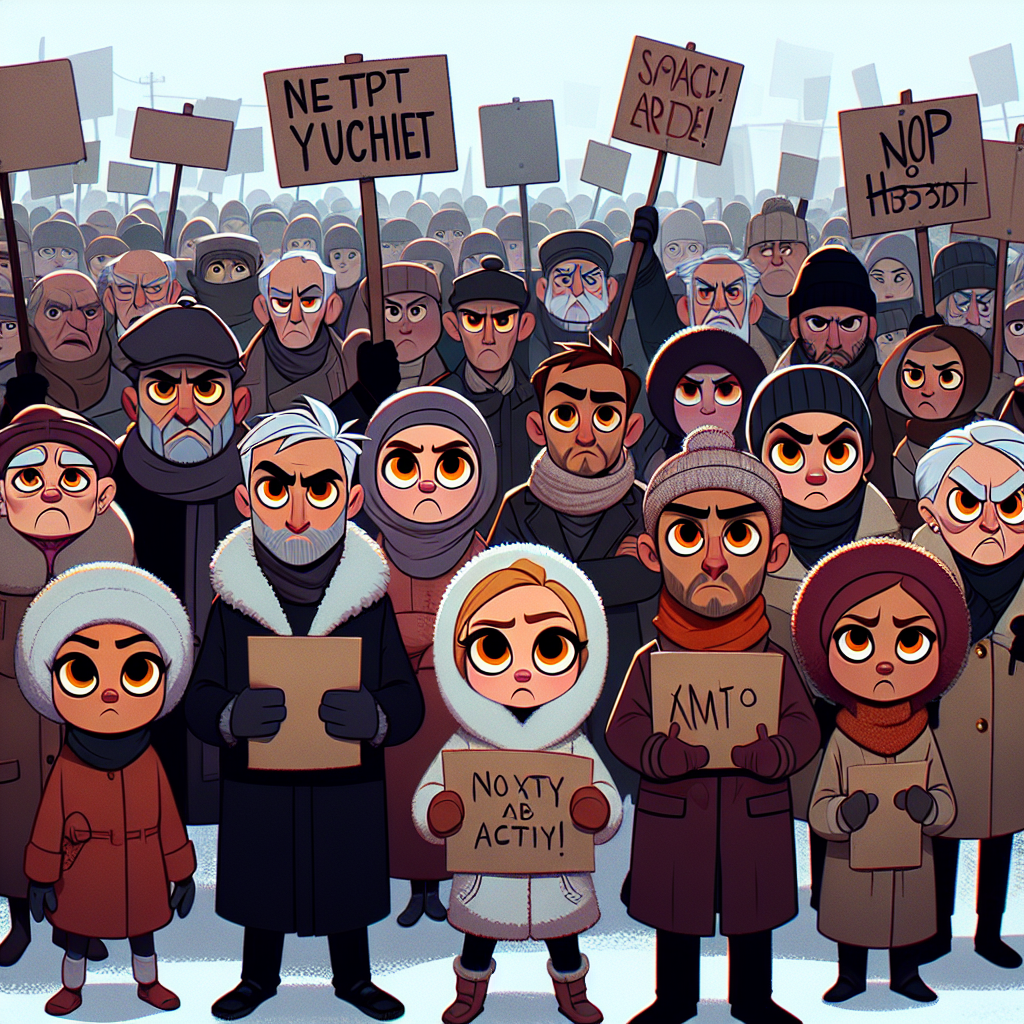The UN Special Rapporteur on the human rights situation in Russia, Mariana Katzarova, has called for the immediate release and exoneration of Russian lawyer Dmitry Talantov, ahead of his impending verdict on 28 November 2024. Talantov faces up to 12 years in prison under charges widely seen as politically motivated.
Dmitry Talantov, former president of the Udmurt Bar Association, was detained on 28 June 2022 and charged with “disseminating false information about the Russian army” and “incitement to hatred.” The accusations stem from social media posts in which Talantov criticized alleged Russian military atrocities in Ukraine, including incidents in Bucha, Irpin, and Mariupol, and expressed an anti-war stance.
During his pre-trial detention, which has lasted over two years, Talantov maintained his innocence, claiming that the charges against him are an attempt to silence dissent. His trial is being conducted in the Zavyalovsky District Court of Udmurtia, where the state prosecutor has sought a 12-year sentence and a four-year ban on leadership roles in the legal profession.
Talantov previously served as defense counsel in high-profile cases, including that of journalist Ivan Safronov, who was sentenced to 22 years in prison. Talantov reported receiving threats from security service investigators during his work on the Safronov case, which he believes are linked to his current legal troubles.
International Condemnation
Special Rapporteur Katzarova criticized the Russian Government for weaponizing the so-called “war-censorship” law to suppress dissent.
“Talantov must be released immediately and exonerated of all criminal responsibility,” said Katzarova. “Criminalizing peaceful dissent and non-violent opinions under laws designed to silence opposition violates international human rights standards and must be urgently repealed.”
She also raised concerns about Talantov’s extended pre-trial detention, stating that it appears to be punitive and intended to deter others from speaking out.
Broader Implications for Legal Professionals
The Talantov case exemplifies an alarming trend in Russia, where legal professionals are increasingly targeted for defending clients in politically sensitive cases or expressing dissent.
“The persecution of Talantov is part of an appalling broader pattern of repression, where legal professionals face imprisonment, threats, and revocation of licenses for fulfilling their duties,” Katzarova stated.
In her September report to the UN Human Rights Council, Katzarova highlighted a surge in attacks on the independence of the legal profession and urged Russia to release all political prisoners, including lawyers.
International Pressure and Advocacy
Human rights organizations have echoed the UN’s calls for Talantov’s release and for reforms to protect free expression and judicial independence in Russia. Legal experts and activists have pointed to Talantov’s case as emblematic of Russia’s escalating suppression of dissent, particularly in the context of the war in Ukraine.
Appeals for Action
Katzarova emphasized the need for sustained international pressure to hold the Russian Government accountable for human rights abuses and to support those targeted for their advocacy.
“Talantov’s case sends a chilling message to anyone daring to question the government or defend those who do,” Katzarova said. “The international community must stand in solidarity with individuals like Talantov, who face unjust punishment for their courage.”
As the world watches the verdict, the case underscores the increasingly fraught climate for human rights defenders and legal professionals in Russia.











